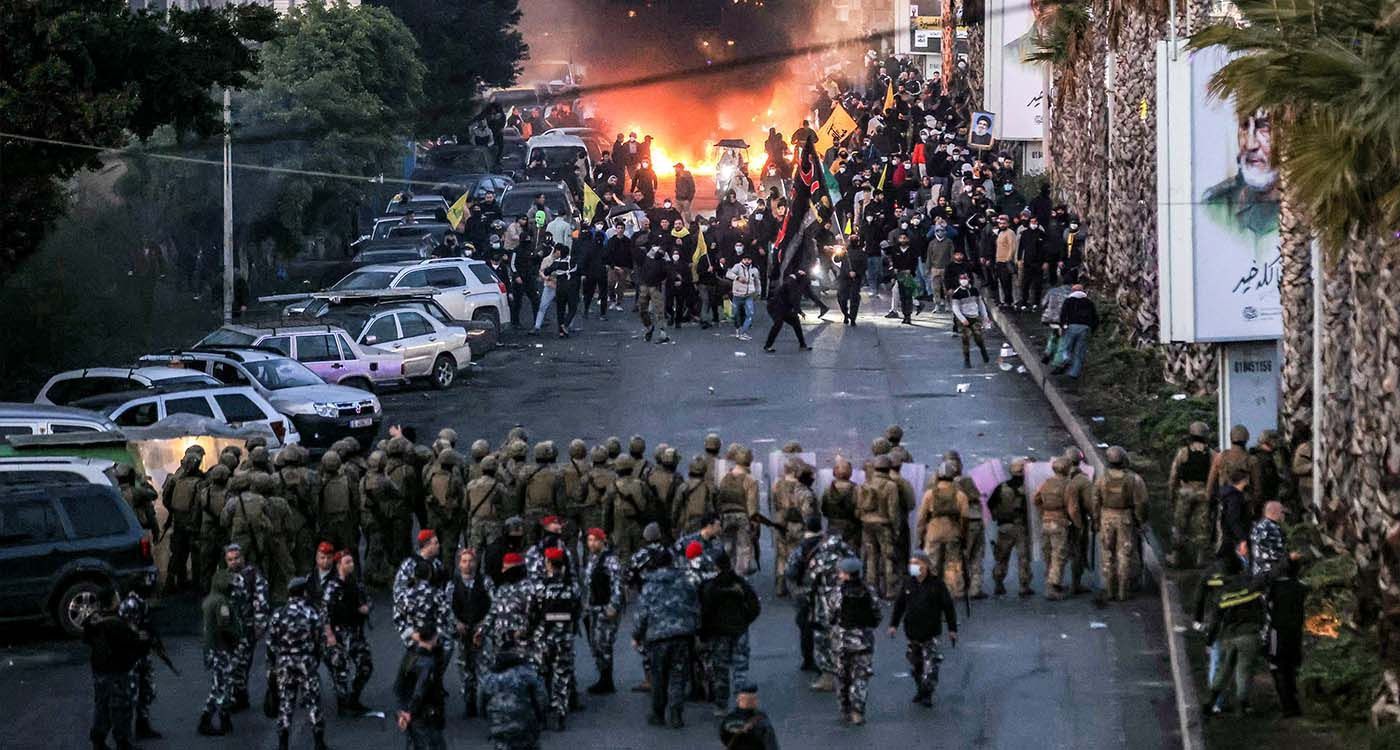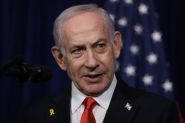
For those who remained skeptical, reluctant to acknowledge the reality before them, the past few days should have dispelled any lingering doubt. Hezbollah has once again provided undeniable proof that its political agenda and modus operandi stand in stark opposition to the construction of a unified, sovereign state. More than ever, the Lebanese people face an existential choice: the restoration of a strong state that reasserts its authority over every inch of national territory, or the reckless and suicidal descent into a militia-run mini-state, willingly subjugated to the dictates of Iran’s Revolutionary Guard Corps (IRGC).
Once again, Hezbollah has made it abundantly clear that it does not operate within a Lebanese framework but rather follows the strategic imperatives of Tehran’s ruling clerics. And just as in sports, when two teams do not share the same playing field, they cannot truly compete, interact or engage in a fair contest governed by mutually accepted rules. In this case, the pro-Iranian party follows a rationale and a raison d’État dictated by the IRGC, placing it fundamentally at odds with all other Lebanese political — and communal — forces.
No one is deceived. The case of the Iranian aircraft that was denied permission to depart for Beirut is merely the visible tip of the iceberg — the detail that obscures the bigger picture. The real issue, hidden beneath the surface, is of a fundamentally strategic nature. This is hardly the first time an aircraft belonging to the Iranian airline — owned, it bears recalling, by the Revolutionary Guard — has been prevented from landing at Rafic Hariri International Airport. A similar incident occurred last September under the Mikati government. Ironically, it was then Hezbollah’s own Minister of Public Works and Transport, Ali Hamieh, who barred the Iranian plane from landing in Beirut.
Yet back then, Hezbollah’s agitators saw no need to attack a UNIFIL convoy or Army units, nor to block access to the airport by dumping waste and setting tires ablaze.
Make no mistake — the real significance of this staged controversy over the Iranian aircraft poses a serious challenge not only to President Joseph Aoun’s mandate and Prime Minister Salam’s government but also to Lebanon’s political factions and its people as a whole.
Just as in 2006, when the Revolutionary Guard — through Hezbollah — ignited the July 12 war against Israel to derail the sovereignist momentum of the March 14 movement, Iran’s ruling clerics are once again attempting to sabotage Lebanon’s course. This time, however, their proxy in Lebanon is no longer in a position to engage the Israeli Army after the crushing defeats and upheavals of recent months. Instead, Hezbollah — acting on Tehran’s directives—has shifted its focus inward, seeking to undermine the emerging new order in Lebanon and the region by discrediting the head of state, the government and, above all, the Lebanese Army.
Building on its long-running strategy to dismantle the Lebanese state — a process set in motion after the 2005 Cedar Revolution — Hezbollah has, from the very start of Aoun’s presidency, attempted to derail efforts to restore state authority. While the maneuver is local, the stakes are regional.
To offset its setbacks across the Middle East, Tehran is deploying a multipronged strategy: reviving Hezbollah while simultaneously sabotaging its natural counterforce — the Lebanese state; reactivating pro-Iranian Iraqi militias under the guise of the "Popular Mobilization Forces;" destabilizing Syria’s new leadership through targeted attacks; and, most critically, rekindling dormant jihadist cells and factions nostalgic for the Assad regime.
In this power struggle, one truth stands out on two levels. Locally, any half-measure, hesitation, or concession in the face of ongoing destabilization efforts will inevitably embolden the obstructionist and expansionist ambitions of the Islamic Revolutionary Guard Corps. Regionally, any respite granted to the radical wing of the Iranian regime will jeopardize the emerging geostrategic order and the long-awaited momentum for peace in the Middle East.
Today, more than ever, two irreconcilable visions stand in stark opposition: an archaic obscurantism, driven by reckless wars and irrational strategies, or the path to long-overdue prosperity that has been denied to the people of the region for far too long. In this context, any show of weakness or disgraceful compromise would tip the scales in the wrong direction — against the course of history.




Comments